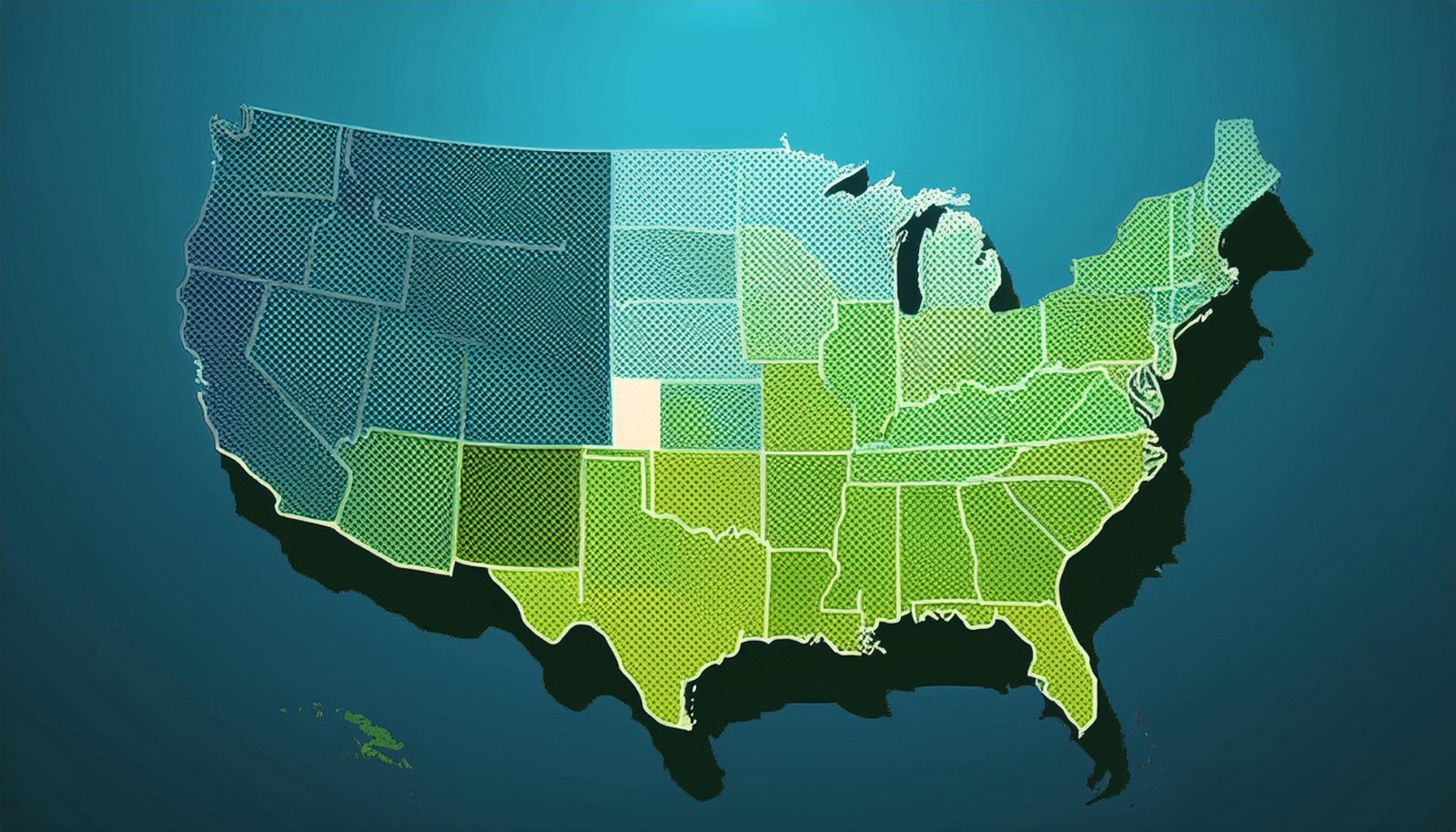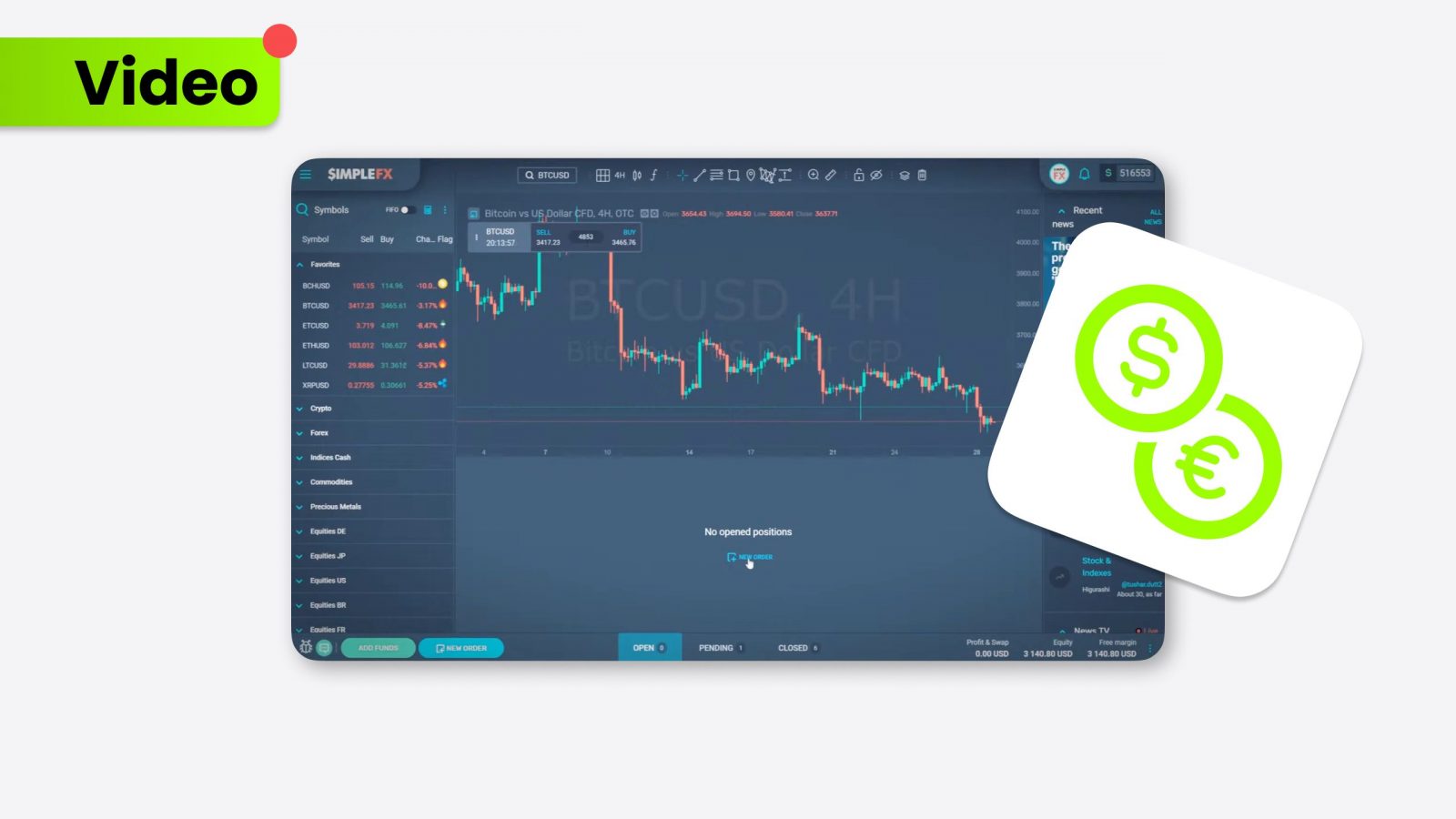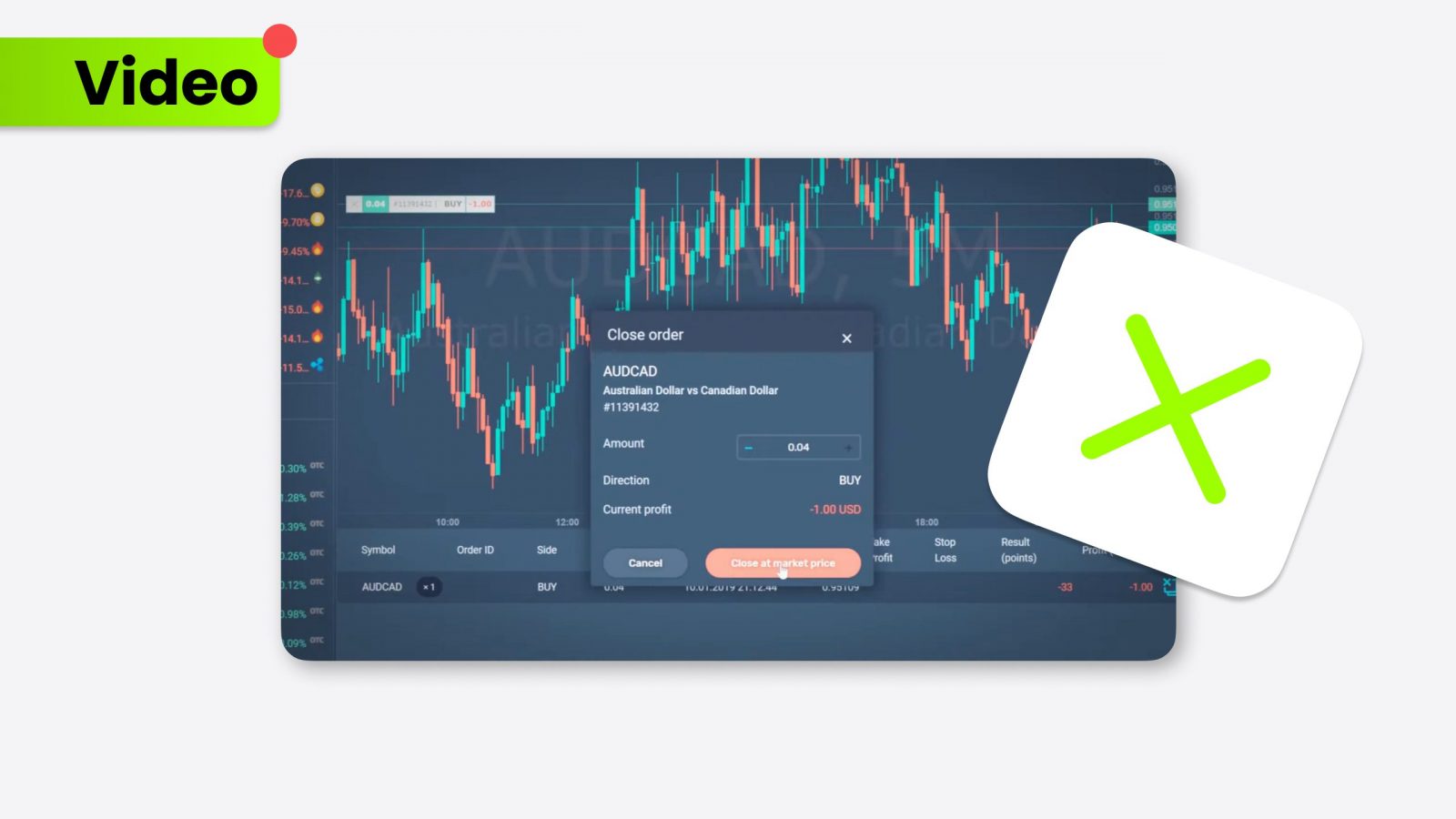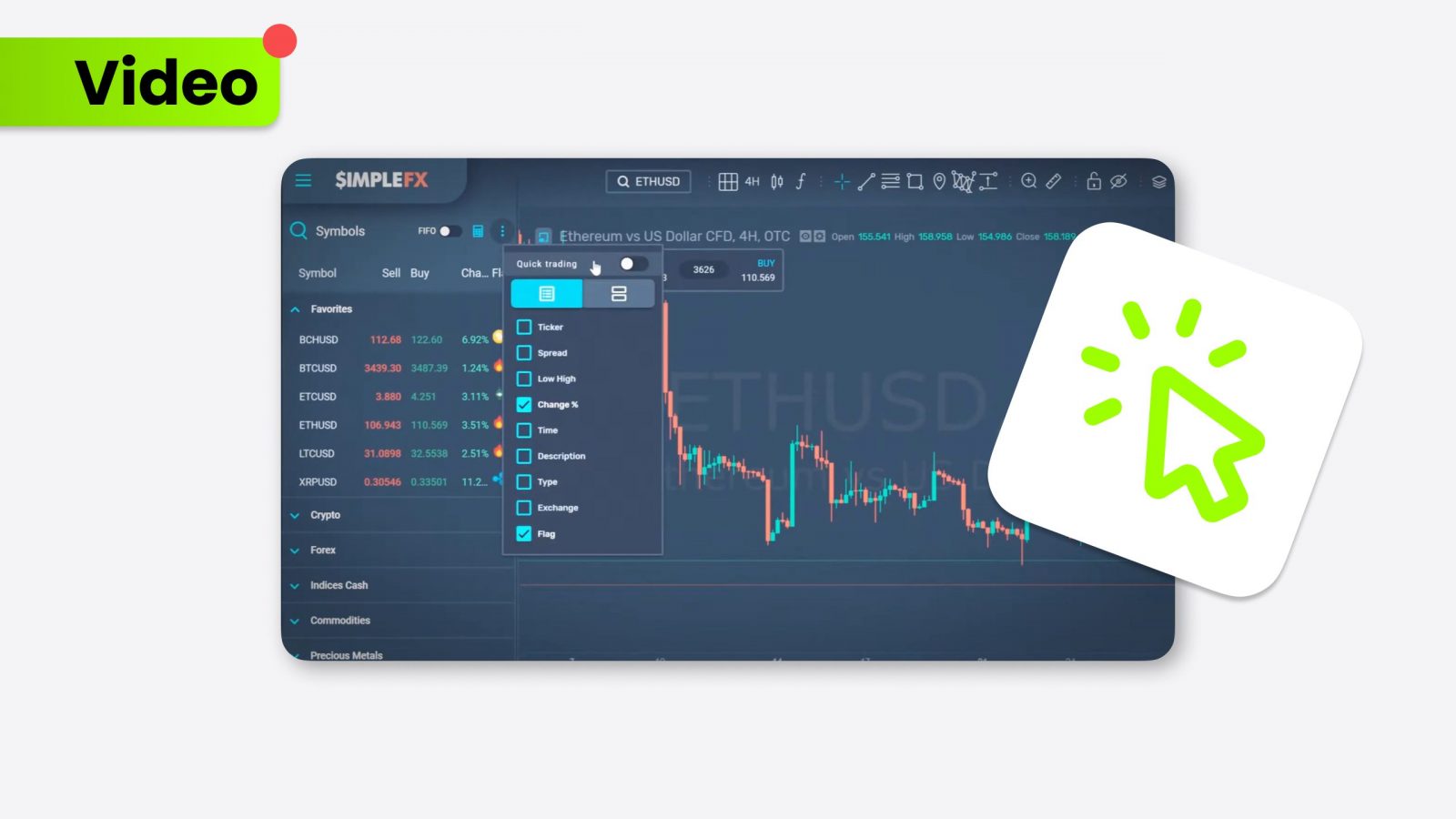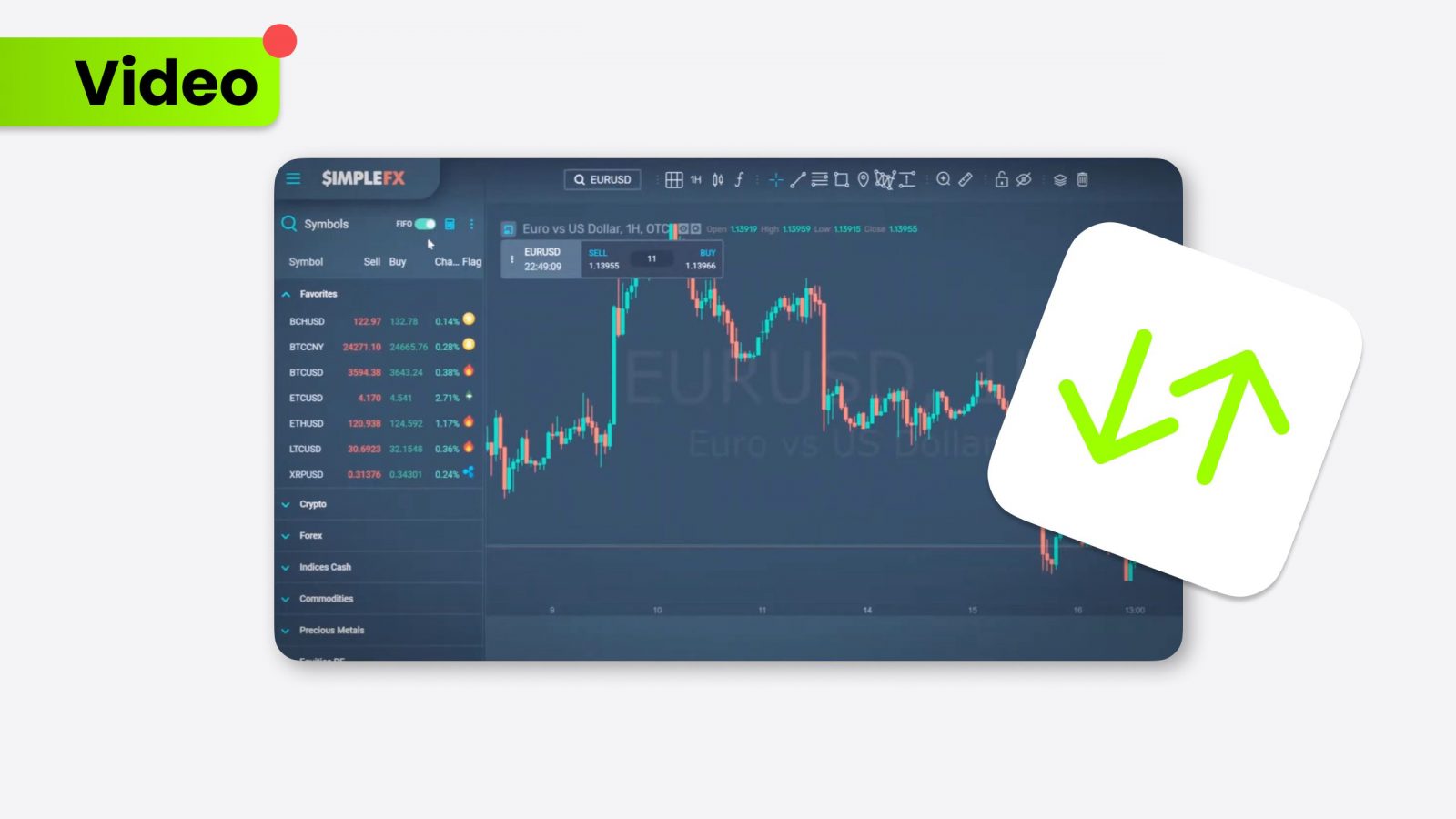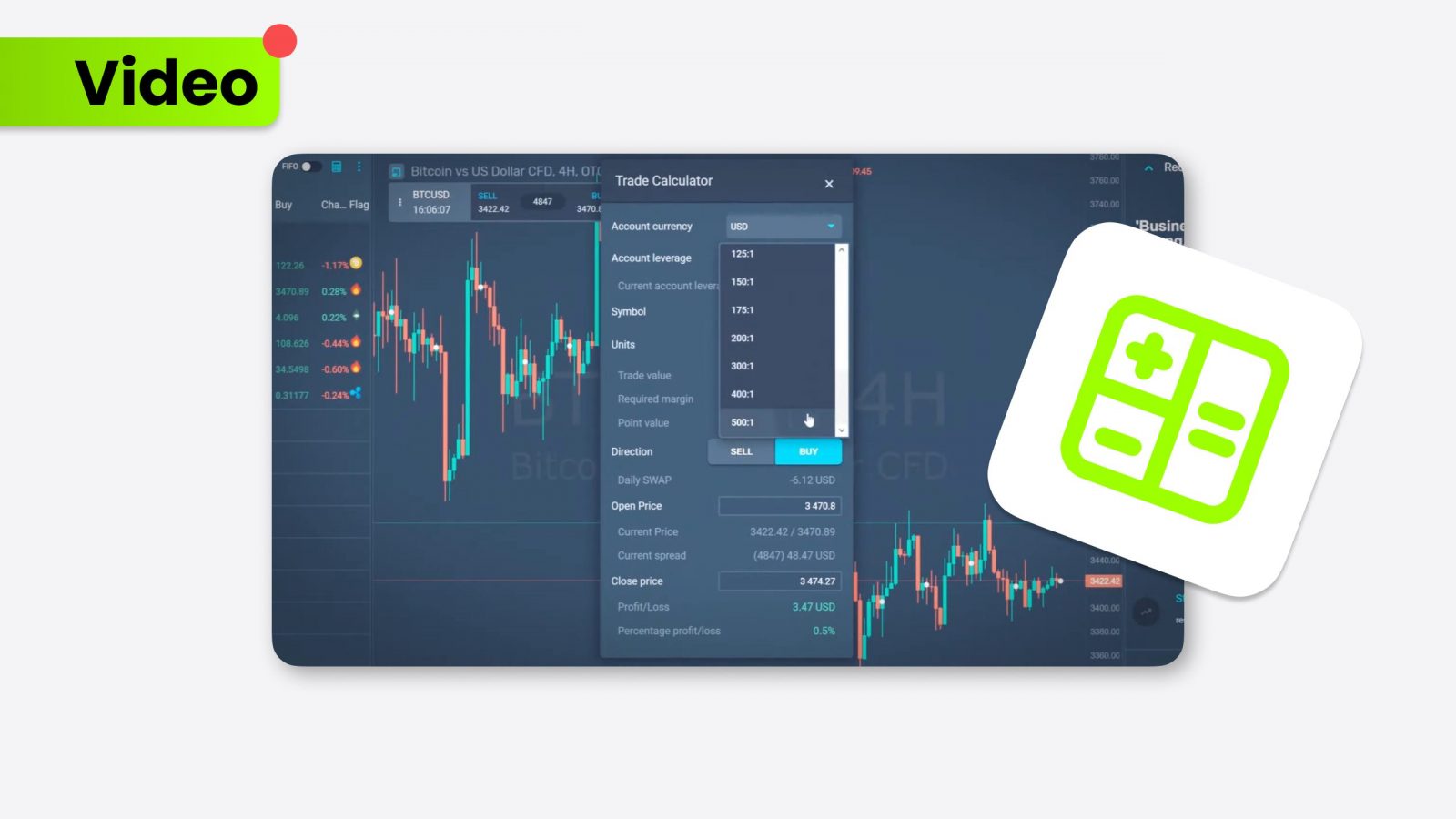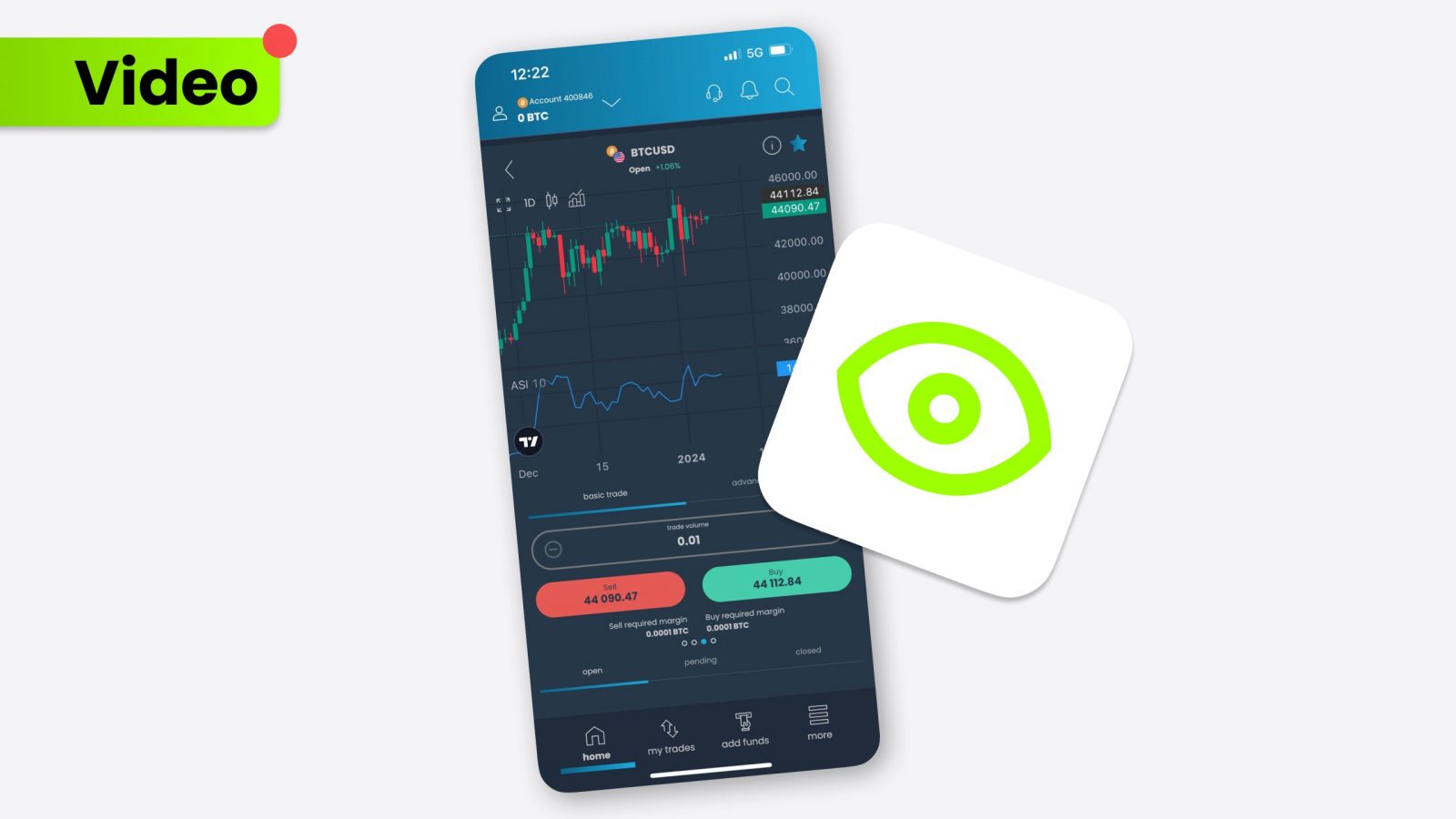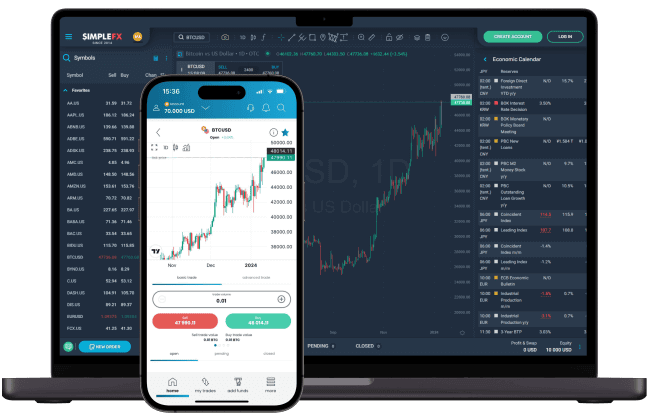The outcomes of U.S. elections often profoundly impact global commodities and metals markets, as shifts in political power can lead to changes in policies related to trade, energy, and the economy. These shifts influence market confidence, regulatory frameworks, and economic projections, particularly regarding precious metals, oil, and soft commodities like cocoa.
- Explore how the price of gold and other metals reacts to election outcomes.
- Analyze the impact of U.S. election results on oil and commodities markets.
- Examine the correlation between the U.S. Dollar and soft commodities post-election.
Gold price and U.S. elections
Gold has long been considered a safe-haven asset, especially during political and economic uncertainty. Election years in the U.S. typically result in increased volatility as investors turn to metals as a hedge against economic instability.
Correlation to USD
The value of gold (XAUUSD) and silver (XAGUSD), often moves inversely to the U.S. Dollar (USD), meaning that when the dollar strengthens, gold prices tend to decrease, and when the dollar weakens, gold prices typically rise. This dynamic is particularly evident during U.S. elections, where political outcomes influence fiscal policies, inflation expectations, and overall market sentiment.
The NFP (Non-Farm Payroll) report, which measures U.S. employment, can also affect this relationship by indicating economic health, thus influencing the dollar’s strength. For example, robust NFP data may boost the dollar, potentially suppressing gold prices as investors seek less volatile assets. Additionally, the Euro to Dollar (EUR/USD) exchange rate plays a role, as fluctuations in this pair affect global trade dynamics, further impacting gold’s value.
Joe Biden: Oil and other commodities
Joe Biden’s administration has significantly impacted the commodities markets, mainly focusing on environmental policies and renewable energy. One key issue has been the Biden administration’s approach to oil production and drilling, which has sparked debate over energy independence and the transition to clean energy sources.
Environmental issues: Oil drilling in Alaska
Biden’s administration has taken a more restrictive stance on oil drilling in environmentally sensitive areas, including Alaska, which has generated considerable debate. These restrictions impact the global oil supply, particularly OIL and BRENT, which serve as benchmarks for oil pricing. This policy shift affects the availability of oil and has broader implications for related commodities like metals, which are essential in constructing energy infrastructure. Additionally, understanding the differences between Brent and Crude Oil is crucial in assessing market reactions. Brent oil tends to price higher due to its lower sulfur content and is typically used for international trading. At the same time, Crude Oil is more dominant in U.S. markets. These differences and environmental regulations can lead to price volatility in the oil and broader commodities markets.
Soft commodities priced in the U.S. Dollar
Many soft commodities, including cocoa, coffee, and sugar, are priced in U.S. Dollar, making them sensitive to currency fluctuations. Election outcomes can influence the USD through changes in monetary policy, interest rates, and economic forecasts. A strong dollar tends to make USD-priced commodities more expensive for international buyers, potentially reducing demand. Conversely, a weaker dollar could increase demand for these commodities, leading to market price fluctuations tied to forex movements.
For example, the price of cocoa, heavily traded in global markets, is highly sensitive to U.S. elections and the resulting U.S. markets reaction, as political shifts influence trade policies and agreements, as well as the stability of the dollar.
Metals & commodities after elections: Summary
The metals and commodities markets are deeply intertwined with the political landscape, especially following U.S. elections. As new administrations emerge, trade, energy, and environmental regulation policies shape market movements for key commodities like gold, silver, oil and soft commodities like cocoa. Understanding the differences between Brent and crude oil, as well as the U.S. policies on energy production, is crucial for analyzing market trends in the aftermath of elections.







